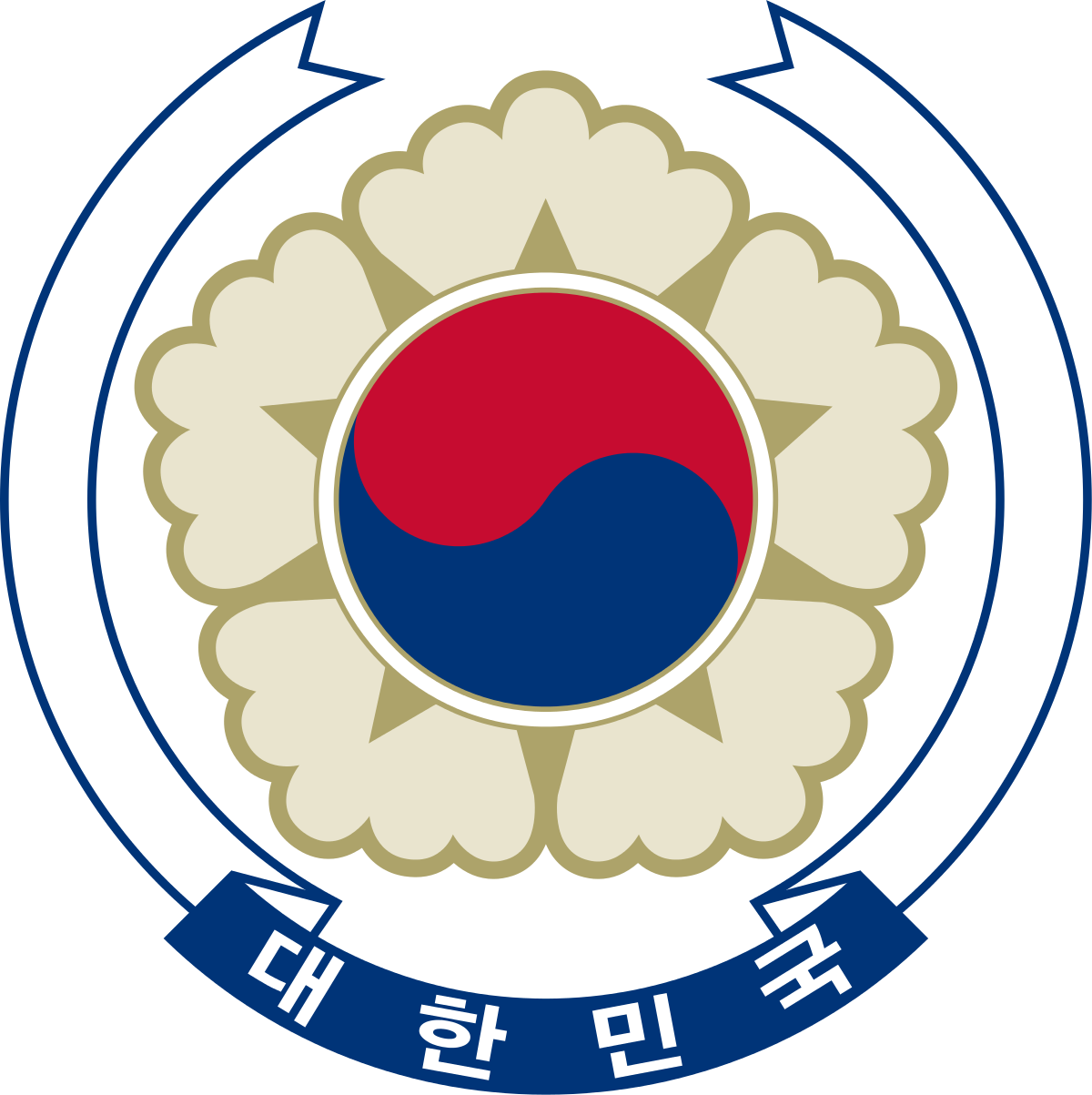An independent kingdom for much of its long history, Korea was occupied by Japan beginning in 1905 following the Russo-Japanese War. In 1910, Tokyo formally annexed the entire Peninsula. Korea regained its independence following Japan's surrender to the US in 1945. After World War II, a democratic-based government (Republic of Korea, ROK) was set up in the southern half of the Korean Peninsula while a communist-style government was installed in the north (Democratic People's Republic of Korea, DPRK). During the Korean War (1950-53), US troops and UN forces fought alongside ROK soldiers to defend South Korea from a DPRK invasion supported by China and the Soviet Union. A 1953 armistice split the Peninsula along a demilitarized zone at about the 38th parallel. PARK Chung-hee took over leadership of the country in a 1961 coup. During his regime, from 1961 to 1979, South Korea achieved rapid economic growth, with per capita income rising to roughly 17 times the level of North Korea.
South Korea held its first free presidential election under a revised democratic constitution in 1987, with former ROK Army general ROH Tae-woo winning a close race. In 1993, KIM Young-sam (1993-98) became the first civilian president of South Korea's new democratic era. President KIM Dae-jung (1998-2003) won the Nobel Peace Prize in 2000 for his contributions to South Korean democracy and his "Sunshine" policy of engagement with North Korea. President PARK Geun-hye, daughter of former ROK President PARK Chung-hee, took office in February 2013 as South Korea's first female leader. In December 2016, the National Assembly passed an impeachment motion against President PARK over her alleged involvement in a corruption and influence-peddling scandal, immediately suspending her presidential authorities and establishing Prime Minister HWANG Kyo-ahn as Acting President. The Constitutional Court is currently adjudicating the impeachment case. South Korea will host the 2018 Winter Olympic Games. Discord with North Korea has permeated inter-Korean relations for much of the past decade, highlighted by the North's attacks on a South Korean ship and island in 2010, the exchange of artillery fire across the DMZ, and multiple nuclear and missile tests in 2016.
Korea is a presidential republic.
Source: CIA World Factbook
Members:
Resources
Displaying 26 - 30 of 37Urban Development Act.
The purpose of this Act is to promote planned and systematic urban development, create a comfortable urban environment and promote public welfare by prescribing matters necessary for urban development. For the purpose of the present Act «urban development project» means a project implemented to build a complex or town having functions, such as residence, commerce, industries, distribution, information and communications, ecology, culture, health and welfare in an urban development zone.
Special Act on Cadastral Resurvey.
The purpose of this Act is to manage national land efficiently and to contribute to the protection of property rights of people by correcting descriptions registered in official cadastral records, but inconsistent with the actual conditions of land and by converting such cadastral records embodied in paper into digital cadastral records. The text consists of 22 articles divided into 5 chapters as follows: General provisions (I); Execution of cadastral resurvey project (II); Cadastral Resurvey Committees (III); Supplementary provisions (IV); Penal provisions (V).
Farmland Act.
The purpose of this Act is to contribute to the strengthening of the agricultural competitiveness, the balanced development of the national economy, and the preservation of national land through the stabilization of farmers' agricultural management and the improvement of agricultural productivity, by stipulating necessary matters for the ownership, utilization, preservation, etc.
Foreigner's Land Acquisition Act.
The purpose of this Act is to prescribe matters necessary for land acquisition, etc. of foreigners within the territory of the Republic of Korea. “Foreigner” is defined in article 2. As far as corporations are concerned, substantially at least of the corporation shall be foreign so as to qualify as foreigner. Article 3 outline the principle of reciprocity, i.e.
Public Land Reservation Act.
The purposes of this Act is to contribute to the smooth supply of sites for public works and the stabilization of the land market by prescribing necessary matters regarding the reservation and supply of public land. The Minister of Land, Infrastructure and Transport shall establish and implement a comprehensive plan for the reservation of public land every 10 years for the smooth supply of public works and the stabilization of the land market.


